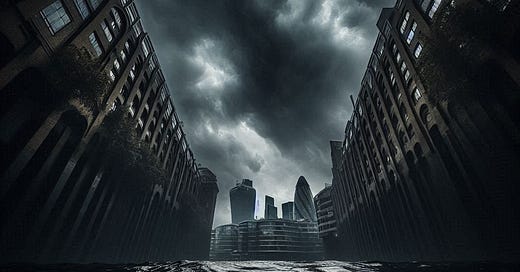Dear readers,
Those who know me personally know I have strong views on immigration. Friends who have heard my life story have been moved by it, and many have urged me to share my experiences with the world. Rather than arguing or philosophizing, I will simply tell you what I have witnessed during my life in and out of Iran, and let you form your own opin…
Keep reading with a 7-day free trial
Subscribe to Outliving Iran to keep reading this post and get 7 days of free access to the full post archives.



